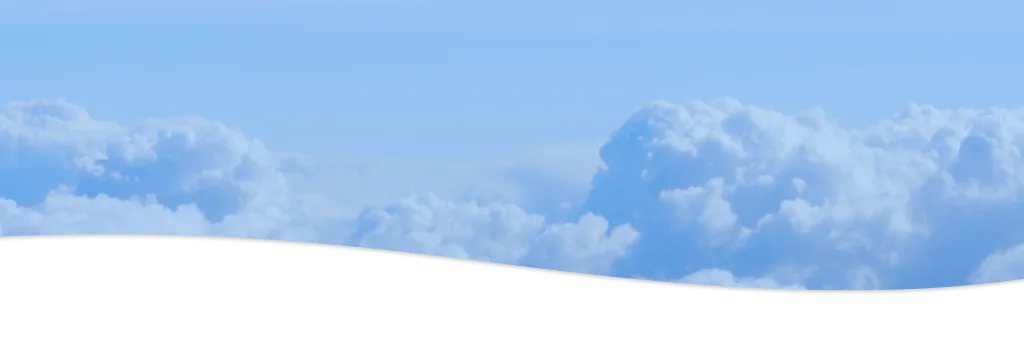
Requirements
Pilot
Requirements to become a Pilot in 2025
Becoming a pilot is a dream for many aviation enthusiasts worldwide, but the profession comes with specific requirements set by aviation authorities, flight schools and airlines ensuring pilots are well-prepared to handle the challenges and responsibilities of this unique profession. This article will discuss all key qualifications, certifications and skills you need to start your pilot training.
Educational Requirements
Most flight schools and airline training programs require the aspiring pilot to have a finished high school diploma or the equivalent national base qualification. Knowledge in subjects such as English, maths, and physics is particularly important, as these relate to the fundamentals of aerodynamics, navigation, and communication in aviation. In some cases, airlines expect applicants to have a completed university degree in aviation or a similar field.
For pilots who want to pursue a military career, there are even more specific requirements set by the Air Force and usually require completing basic training and studies first.
Medical Requirements
Pilots worldwide require a Medical Class I if they want to operate commercially and a Medical Class II for private and recreational flying. The aviation authorities set the framework conditions for the medical requirements which should be checked on their website for details.
If pilots want to obtain their first Medical Class I to join a flight school the examination has to be done at an approved Aeromedical Center. Thereafter, the medical must be renewed every 12 months if you are under 40 years of age. The period is then reduced to 6 months for pilots aged 40 and over.
Vision
- Visual Acuity: Ideally pilots should have a 20/20 vision but correct measures like lenses or glasses are allowed as long as vision standards are met.
- Colour Vision: Pilots must have normal colour vision. Conditions such as colour blindness is an absolute exclusion factor.
- Field of Vision: A normal field of vision is required. Conditions that impair this are an exclusion factor.
- Difference for Licenses: Vision requirements may vary for different pilot licenses. Standards are usually less strict for recreational and private licenses(PPL) compared to commercial licenses(CPL&ATPL).
Hearing
- Pilots need good hearing to communicate with crew and air traffic control. Being able to perceive a wide frequency range of frequencies is crucial.
Cardiovascular Health
- Pilots must not have a history of heart conditions, special cases require clarification by a medical expert and may not necessarily result in exclusion.
Mental Health
- Pilots' mental and spiritual conditions are checked to ensure they are suitable to operate in this demanding environment. These tests are conducted annually using questionnaires.
Age and Height Requirements
There are usually only minimum age requirements for pilots rather than maximum age restrictions as long as medical requirements are achieved. Height requirements primarily ensure that pilots can operate airplane controls safely and ensure visibility within the flight deck.
Minimum Age
- Start pilot training: 17 years
- Obtain Commercial Pilot License(CPL): 18 years
- Obtain Airline Transport Pilot License(ATPL): 21 years
Maximum Age
- No strict upper age limit, mostly 65 years to join an airline
Height
- Typically range between 157cm(5ft. 2in.) and 193cm(6ft. 4in.).
Language Requirements
English is the global language of aviation. Proficiency in this language is essential for communicating with other pilots, cabin crew, air traffic control and ground staff. The International Civil Aviation Organisation (ICAO) has established global language standards to ensure effective communication. These are the ICAO language levels.
- ICAO Level 4: This is the minimum level of English proficiency required. It has to be renewed every 3 years
- ICAO Level 5: Certifies "extended" command of English and only has to be renewed every 6 years.
- ICAO Level 6: For native or near-native speakers, it does not need to be renewed.
Personal Requirements
Stress Management
- Pilots should remain calm and make critical decisions under pressure when it matters the most, this could be during challenging weather conditions or emergencies.
Flexibility
- Being flexible and able to adapt is vital. The everyday life of pilots can never really be planned and subjected to short-term operational changes, delays, new routes and challenges.
Attention to Detail
- In such a demanding environment, it is important to always be attentive and carry out operations diligently. Due to the high level of responsibility and to ensure safety, this is therefore an important requirement for pilots.
Problem-Solving
- When problems arise during a flight it's the pilots' task to solve them quickly. Analytical skills are quite important here but also being able to think 'out of the box' during unforeseen issues.
Teamwork
- Pilots don't just work on their own. Pilots collaborate with various professionals to achieve a common goal: ensuring a safe flight.
Communication
- Being able to communicate clearly and effectively with crews, passengers, air traffic control and people from different backgrounds.
Leadership
- Whether captain or first officer, both should show leadership and be able to lead the crew, especially during non-normal situations.